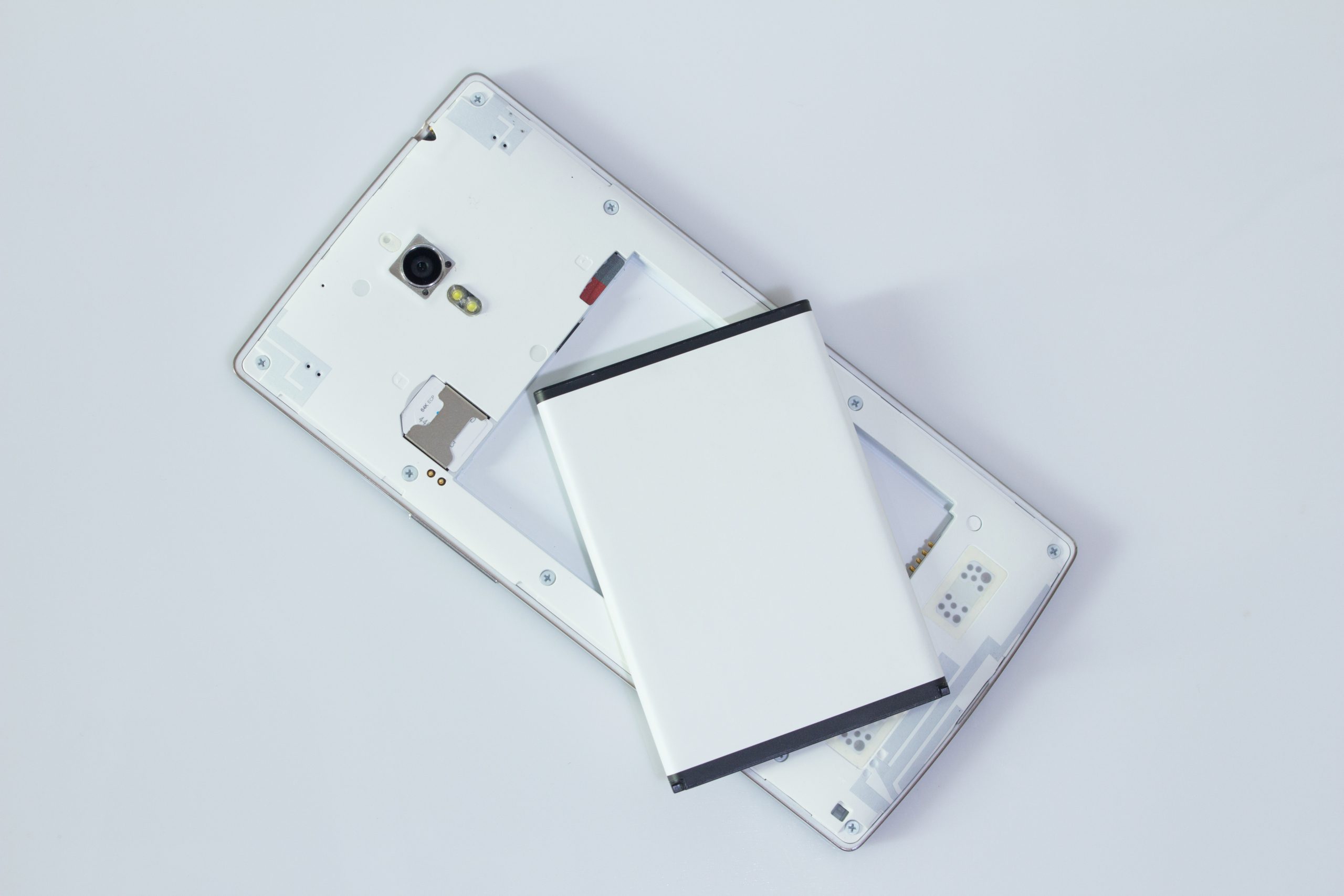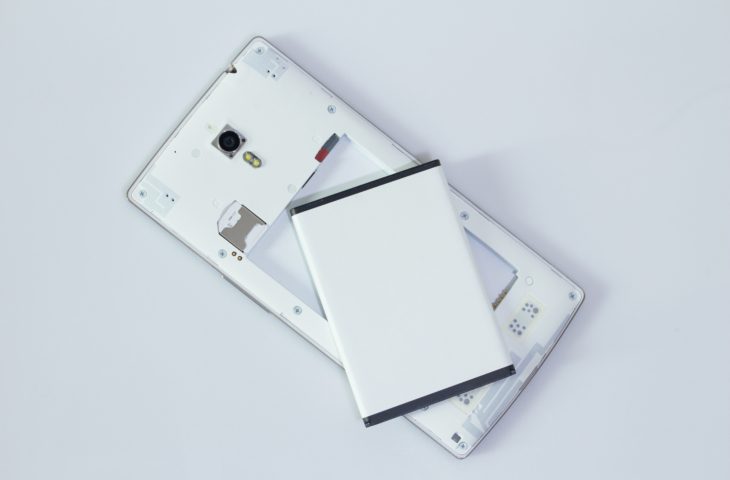New European law mandates replaceable batteries
- July 13, 2023
- 0
The European Council has passed a law that regulates the battery life of electronic products within the European Union. With the new law, Europe regulates the entire life
The European Council has passed a law that regulates the battery life of electronic products within the European Union. With the new law, Europe regulates the entire life


The European Council has passed a law that regulates the battery life of electronic products within the European Union.
With the new law, Europe regulates the entire life cycle of batteries and accumulators in most electronic products within the European Union.
The new rules apply to most electronic devices:
The new law specifies more precisely what should happen to power sources after use. The most prominent rule is that by 2027, portable electronics will need to have batteries that are easily replaceable.
In other words: the consumer should be able to do this himself without any problems. For light electronic transports, this must be easy for a professional to do. Manufacturers now have some time to take this into account with new designs. At least Samsung already has a small lead in this area with its self-repair program.
In addition, there will also be stricter rules and targets for the collection of batteries and materials, and greater responsibility on the part of manufacturers. For example, by the end of 2027, they must collect 63 percent of device batteries, a goal that will be gradually increased.
By the end of 2027, half of the lithium from batteries must also be collected. The development of this target figure then depends on the market, technical developments and the availability of the product.
There will also be stricter compositional rules for SLI batteries and those for electric vehicles, which will need to consist of more recycled materials. In order to prove this, manufacturers must also keep documents. With this new law, the EU wants to better regulate the internal market for batteries and monitor the use of the materials more closely.
Now the European Council and European Parliament (where it has already voted) will sign the law and then, three years after the first proposal, there will be a full successor to the 2006 rulebook.
Source: IT Daily
As an experienced journalist and author, Mary has been reporting on the latest news and trends for over 5 years. With a passion for uncovering the stories behind the headlines, Mary has earned a reputation as a trusted voice in the world of journalism. Her writing style is insightful, engaging and thought-provoking, as she takes a deep dive into the most pressing issues of our time.